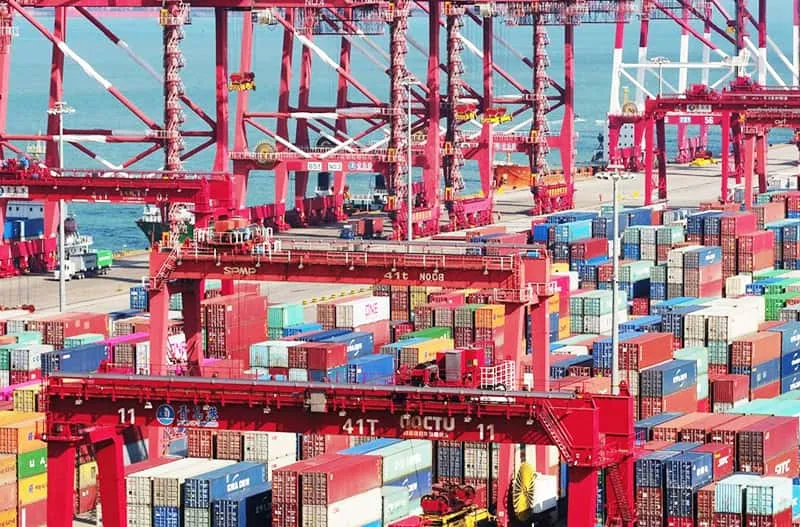FCA and FOB in International Trade
Definition and Application Scenario
FCA (Free Carrier)
The seller delivers the goods to the carrier or logistics company designated by the buyer at the designated place, and the place of delivery can be the seller's warehouse, wharf and so on. Applicable to all modes of transportation (e.g., sea, air, rail, road and multimodal transport).
FOB (Free on Board)
The seller is responsible for loading the goods onto the ship designated by the buyer at the port of shipment to complete delivery. It applies only to sea or inland waterway transportation and is called “FOB”.
Risk Transfer Point
FCA: Risk is transferred to the buyer when the goods are delivered to the carrier.
FOB: Risk is transferred when the goods are loaded onto the ship.
Division of Costs
FCA: The seller bears all the costs (such as local transportation, export customs clearance, etc.) before transporting the goods to the designated carrier, and the buyer is responsible for the subsequent transportation, insurance, and port of destination costs.
FOB: The seller pays for the costs before loading the goods on board the ship (e.g. wharfage, loading fee), and the buyer is responsible for ocean transportation costs, insurance and destination port charges.

Differences in Transportation Documents
FCA: Flexible use of documents according to the mode of transportation (e.g. ocean bill of lading, air waybill, road waybill, etc.).
FOB: Usually need to provide ocean bill of lading, and the requirement of documents is more strict.
Applicable Scenario Suggestions
FCA is applicable:
Multimodal transportation or non-sea transportation (e.g. air transportation, railroad).
Small quantity of goods or transactions requiring flexible control of cargo rights.
FOB is applicable:
Traditional full container sea transportation or bulk commodity trade.
When the buyer needs to specify the dominant right of sea transportation (e.g. designation of shipping company).






